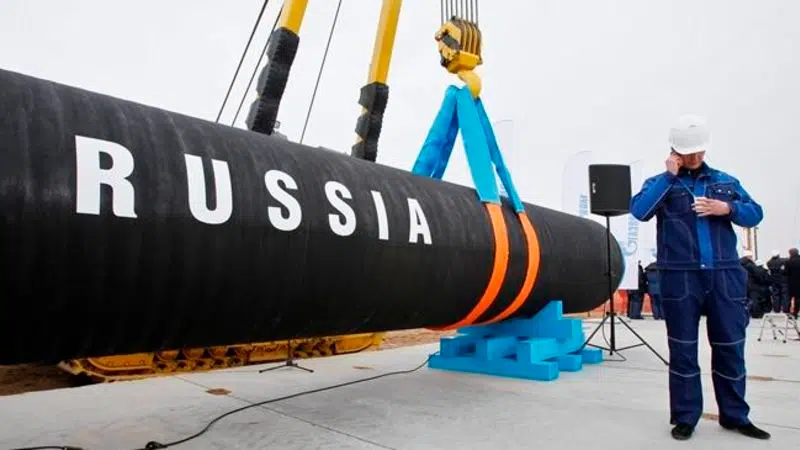
Denmark allows Russia-Germany gas pipeline
COPENHAGEN — Denmark said Wednesday that it is giving permission for a joint German-Russian underwater gas pipeline to be laid to through its territory, in a blow to the United States, which had fiercely opposed the project.
The decision by the Danish Energy Agency to approve the Nord Stream 2 pipeline’s route is a victory for the governments of Russia and Germany, which had staunchly supported it.
The plan is to transport natural gas about 1,200-kilometres (746-miles) through the Baltic Sea from Russia to Europe has come under fire from U.S. President Donald Trump’s administration and several European countries, who argue that it could increase Europe’s dependence on Russia as a supplier of energy.
The government agency said it had granted a permit to Switzerland-based Nord Stream 2 “to construct a section of the Nord Stream 2 natural gas pipelines on the Danish continental shelf southeast of Bornholm in the Baltic Sea.”
